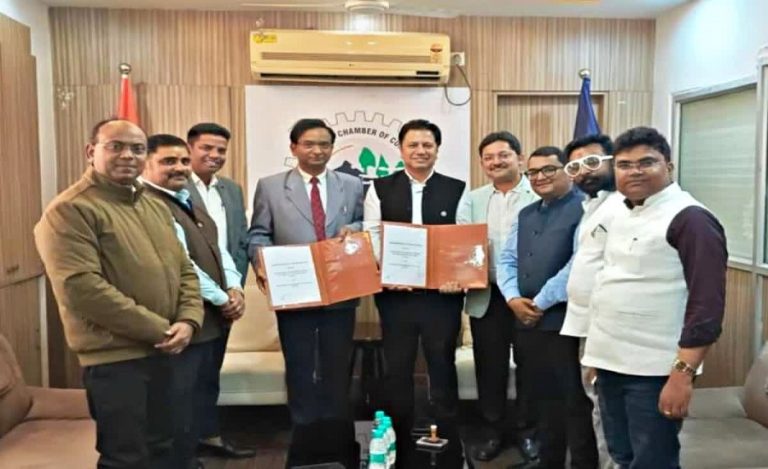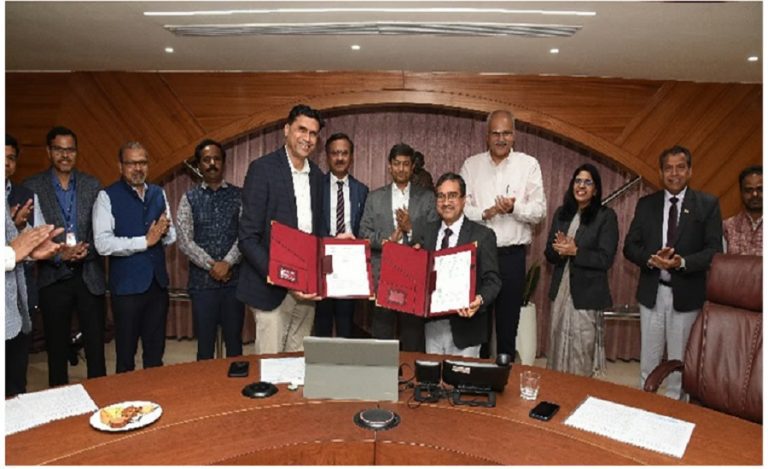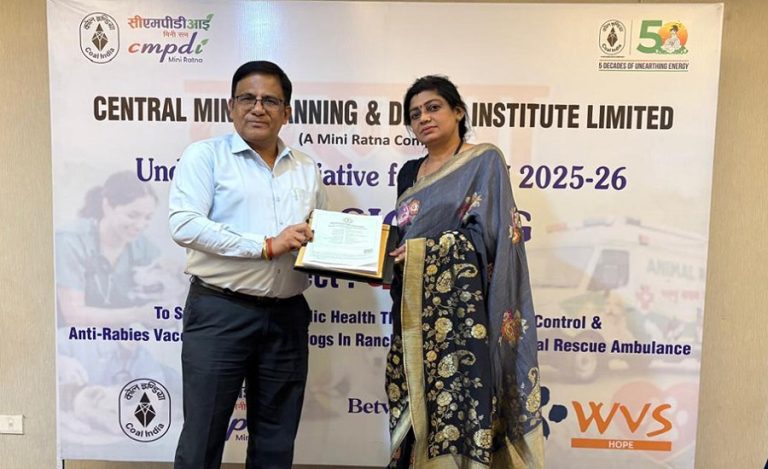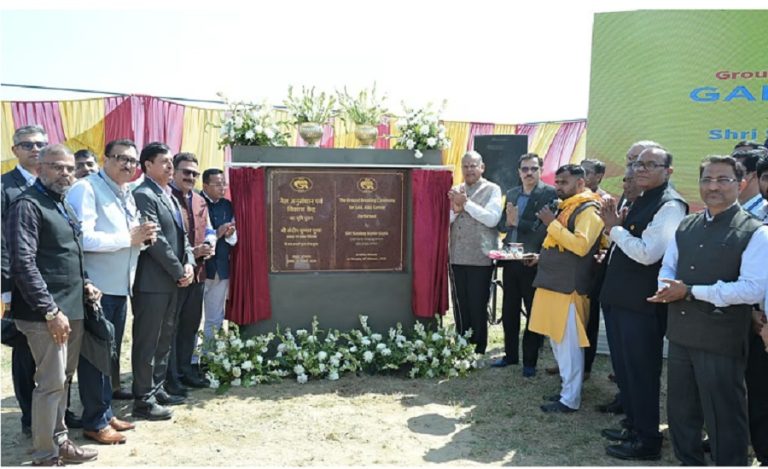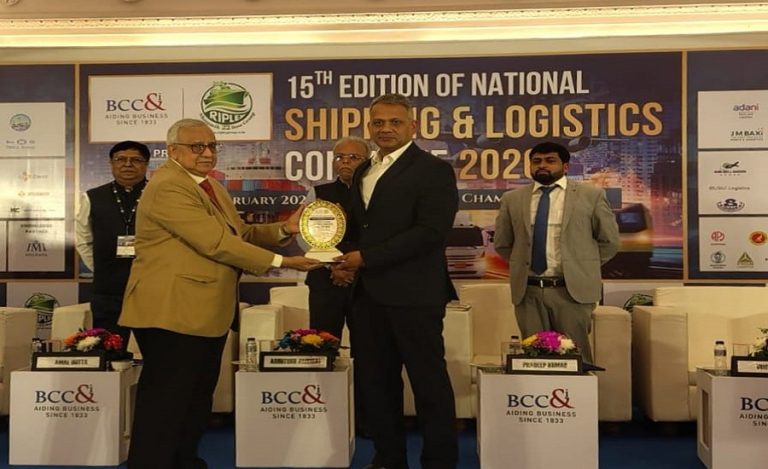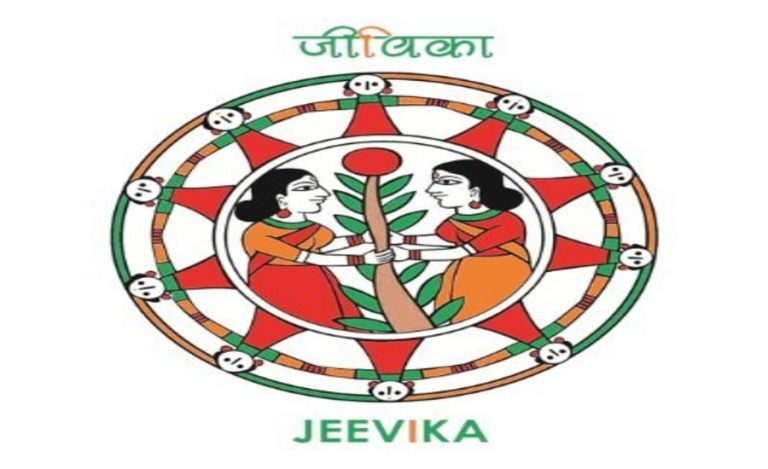New Delhi/Pune: The Government of India has asked the Maharashtra state administration to verify the OBC non-creamy layer (NCL) certificate of IAS officer Sachin Chhaganlal Ombase (2015-batch), currently serving as the Municipal Commissioner and Administrator of Solapur. This action follows a formal complaint lodged by Pune-based social activist Vijay Kumbhar, who alleged that Ombase used a possibly invalid OBC-NCL certificate to avail additional attempts in the Union Public Service Commission (UPSC) examinations.
According to central policy, candidates from the OBC category are allowed seven attempts in the UPSC Civil Services Examination, while general category candidates are limited to four. Kumbhar’s complaint claims Ombase appeared for the examination five times, thereby benefiting from the extended attempt count available only to OBC candidates.
The Department of Personnel and Training (DoPT), under the Ministry of Personnel, Public Grievances and Pensions, has directed the Maharashtra government to thoroughly investigate the matter. In a letter dated June 13, 2025, addressed to Chief Secretary Sujata Saunik, the DoPT referred the case to the General Administration Department (GAD), which is being led by Additional Chief Secretary V. Radha.
Ombase Responds
Reacting to the development, Ombase has asserted that he possesses all valid documentation to support his OBC-NCL status and stated he would fully cooperate with the inquiry. Known for his earlier administrative roles as Collector of Dharashiv and CEO of Wardha Zilla Parishad, Ombase currently holds a key position in Solapur’s urban governance.
Past Precedents & Growing Scrutiny
This case follows closely on the heels of another high-profile controversy last year involving a probationary IAS officer accused of misusing both disability and OBC certificates to secure civil service selection. These incidents have raised larger questions about the efficacy of verification mechanisms in the UPSC system, especially regarding reservation-based claims.
Analysts note that such inquiries are essential to safeguard the integrity of India’s reservation system and ensure fair access to competitive exams.
What Happens Next?
The GAD is expected to conduct a multi-tiered verification process, including:
- Scrutiny of Ombase’s submitted documents
- Verification from issuing authorities
- Cross-examination of academic and service records
Based on the findings, the state may initiate appropriate administrative or legal action, if required.


